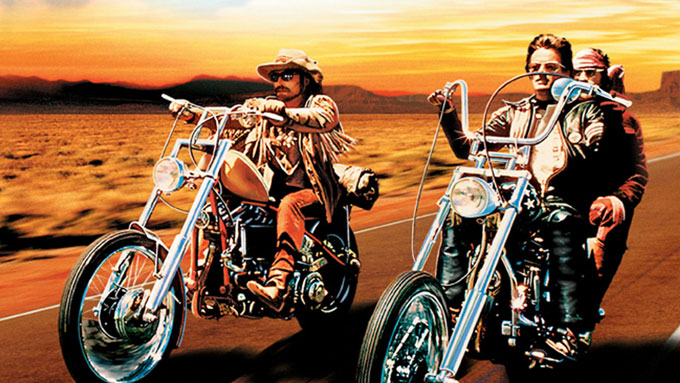Poem for Charlie Potter
If you can believe in reincarnation of the soul,
this time around you’re a man who drinks whisky.
You’re homeless and walking by a river in Ohio.
After weeks—many years, really—of drinking.
All you want is to rest out of the wind and finger
the black-stamped exacta ticket from a lost race
on a morning like any other, an odor of fish-rot
coming off the Olentangy River. You’re there,
and minding your own business, pulling together
your coat as you sit on a bench. This time around,
in this body, you are someone’s uncle brother son.
You don’t note the approaching man until too late
to put up much of a fight. He’s stabbed you so fast
that you don’t so much see a blade as feel it go in.
Nothing noble in your unchoreographed falling.
There’s breathing then much less of it as he goes
through your pockets, his cold hands turning them
out, the pockets. Maybe he kicks you on principle.
Maybe you’re remembered for more than the hour
it takes to slice you, a medical examiner narrating
the elegy of undefended flesh into a microphone.
Venutians Made Me Do It
“Venutians have contacted people in all walks of life—all walks of life.”
—George Hanson, Easy Rider
The L & K isn’t Madame Tinkertoy’s House of Blue Lights,
but it’s where you go to drink coffee until midnight in ‘69.
Maybe you had to be there back in the day, in Ohio, talk
turning from the war in Vietnam and the whole Getting
the Weak to Have a Go at the Slightly Weaker blather.
Which, come to think of it, is the definition of power:
describing our one-big-black-and-white-movie America
as having the right to reach into the flowering madnesses
at the heart of the whole world. Now the subject switches
to Easy Rider: George Hanson/Jack Nicholson getting high
for the first time on pot. He pronounces the word marijuana
with a Southern accented drawl. Starts talking cosmic crapola.
It’s cause for smiling, George saying it’s common knowledge
that the Venutians are among us. If we’re the slightly weaker,
and the Venutians the weak—like the Vietnamese, maybe—
then, it’s no joke. Maybe why no one laughs about Vietnam.
Now, in unison, two announce, The Venutians made me do it!
and enact some superstitious ritual against bad luck and evil.
No one thinks about evil and good half as much as Ohioans.
Ohioans know about hell but want to be talked into heaven.
Whatever the case, in our booth at our restaurant in Ohio,
we’re asking whether John Lennon might be calling for
open insurrection and bloodletting on the White Album
including an “in” after “Don’t you know that you can
count me out”—we’re reaching for rationality where
there is no rationality. We’re talking about the War
when someone spins a stool en route to a jukebox,
every stride premised on false hope that finishes
as the stars-and-stripes-painted Harley chopper
crashed and on fire by a roadside in the South.
Whatever Small Form of Joy Likeness Equals
Sometimes a thing can seem star-like
when it’s just a star, stripped of whatever small form of joy
likeness equals.
—Carl Phillips, “Stray”
If displays of affection could light up lives,
a bioluminescence, then what I witnessed as
tenderness in the aisles at a Kroger this evening
should have lit up sizable portions of central Ohio
if not the whole of the Northern Hemisphere—
the couple with garrulous offspring brushed
hands in Produce as something like sparks
flew for a sad 60-something pushed along
in her not-quite-handicapped shopping cart.
Not to mention, those separated by geography
or shared failure lingering in Pizza & Desserts
then by the cold light of the milk and butter aisle,
unsayable and indecent truths resplendent in carton
after carton of eggs that are not the estivation of hope.
Which is what I thought, buying tuna to feed my share
of the winter-exhausted feral cats in the neighborhood:
that kindness begets kindness. And hope. Instant karma.
I bought a case of small cans. Went home and forked
the piscine contents into plates at the western edge
of the unglaciated Appalachian Plateau. Not hope
or faith or love exactly but what I could manage.



“Maybe you’re remembered for more than the hour
it takes to slice you, a medical examiner narrating
the elegy of undefended flesh into a microphone.”
As a poet, Roy Bentley is a practitioner of the art of the combinatorial, in which words, like notes, yield the sum and the difference of their overtones and more than simple chords, notes beyond the sound production of any simple amplifier.